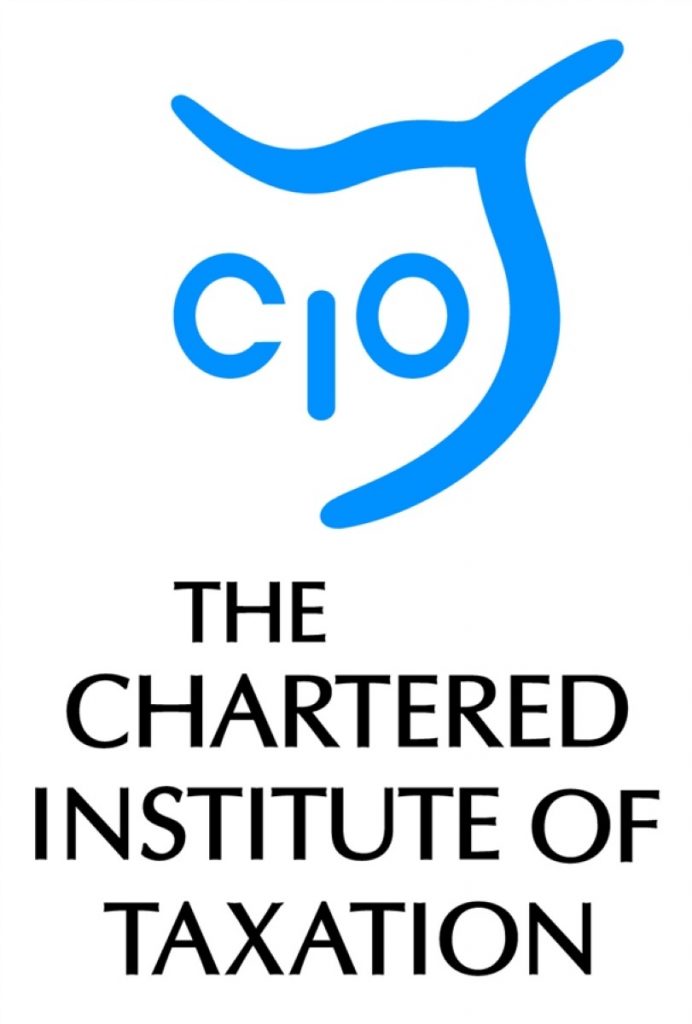In a special comment article, Paul Morton, Tax Director of the Office of Tax Simplification, tells the CIOT what to expect from the OTS in the next 12 months.
Our aim is to continue to focus much of our future work on areas where we can make the greatest difference for the largest number of people. For this reason, we are very interested in improving the “user experience” or, in other words, how it feels to interact with the tax system. At the same time we will continue to look for “quick wins” where short term improvements can have an immediate impact. We also recognise that there are some simplification measures which are simply “the right thing to do” and we will not shy away from difficult issues where we see complexity that really should be addressed. A useful way of looking at the tax system is to examine key events in the lives of individuals and points in the life cycle of a business. We will explore the interaction of all taxes at these key points and look to improve the “user experience” by simplification.
We will continue to report on our work by publishing three kinds of report. Firstly, we will continue to produce thorough research reports where we are asked by the Chancellor to examine particular areas of the tax system. Secondly, we will shine a light on problems where a wider discussion may be required to find longer term solutions. Thirdly, we will look into the future and comment on emerging issues, again, to contribute to wider thinking and debate. A good example of the third kind of report is our recently published Focus Paper on the Gig Economy.
Our current work programme includes our first review of VAT, work on the possibility of using accounts depreciation instead of separate capital allowances computations and a broad overview of the business life cycle with a particular focus on forming a business, expanding a business, seeking external funding, including relevant tax reliefs, and disposing of a business. We welcome comments on each of these areas. We anticipate that our Report on VAT will be published in the Autumn.
We are very interested in how technology might offer opportunities to simplify tax. Clearly, HMRC is investing a huge amount of time and energy on new technology and we will not duplicate those efforts. However, we will be looking at how technology is being deployed in tax administration in other countries, how software developers and UK based technology firms are using technology here and thinking about opportunities these developments may offer to improve the user experience.
We are keen to maintain a broad perspective across the tax system. We also propose to look at some areas of individual taxation such as the interaction of the many features of the tax system which apply to savings and investments. The computations involved are sometimes complex and whether or not the various tax reliefs are well understood is a good question. Certainly some of the choices individuals might make can be far from simple.
We expect to continue to engage with policymakers, advisers and taxpayers on the big ongoing issues including the tax challenges of the Gig Economy and Making Tax Digital. We maintain a long list of other possible areas of work and, over time, narrow down the topics to focus on those which are most pressing or important. We warmly welcome comments and input on all of the work areas described here together with suggestions about our future work programme. Feedback can be sent to ots@ots.gsi.gov.uk.
Written by Paul Morton, Tax Director of the Office of Tax Simplification and a Fellow of the Chartered Institute of Taxation.
Notes to Editors
For further information please contact:
Hamant Verma- External Relations Officer
D: +44 (0)20 7340 2702
Out of hours: 07740 477 374 (George Crozier)





-01.png)